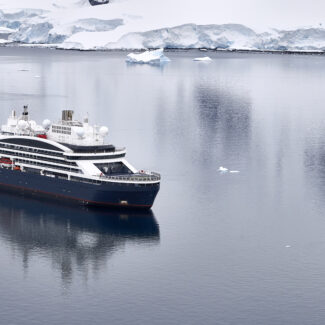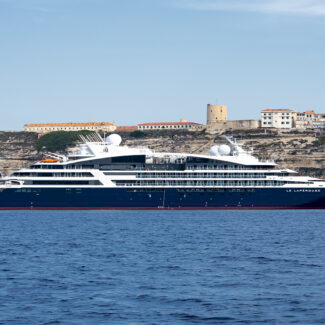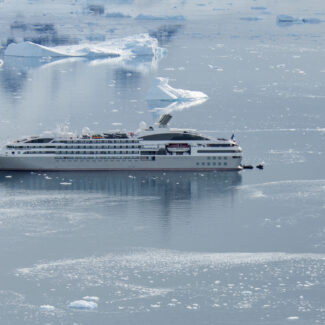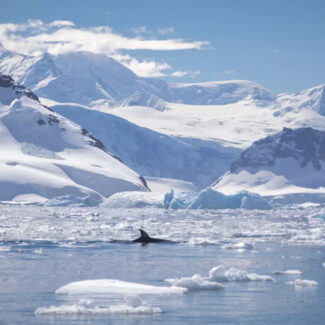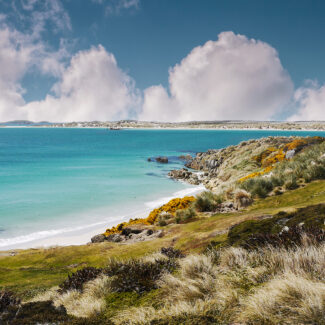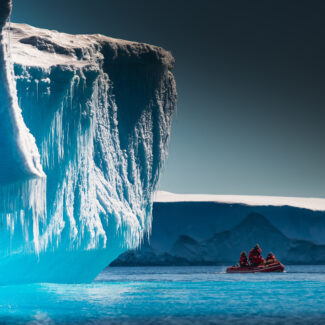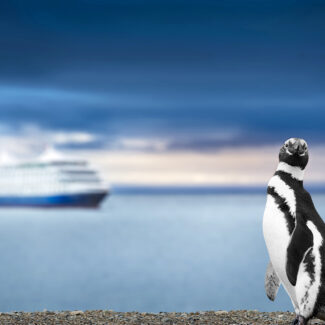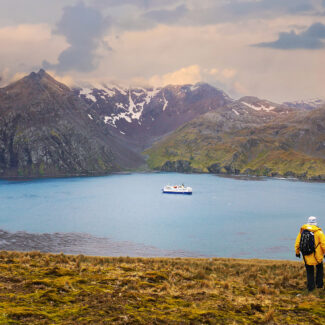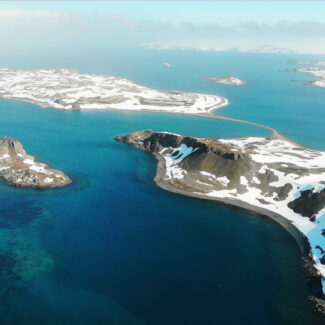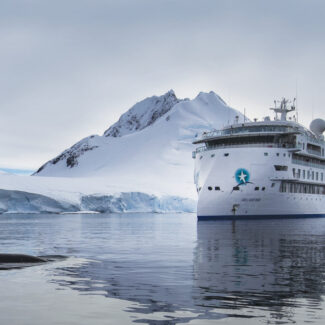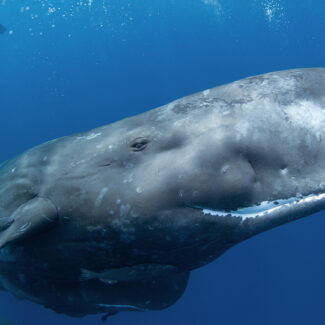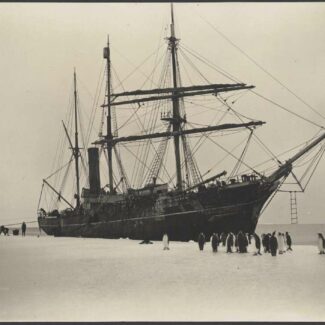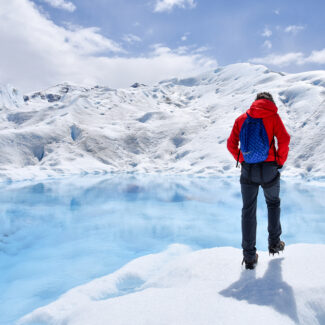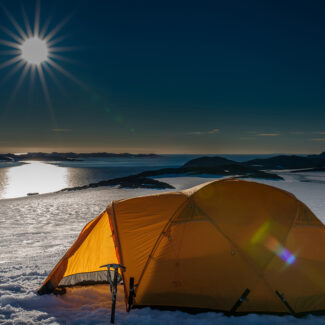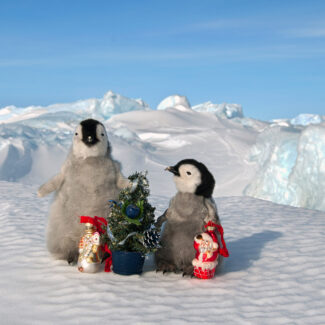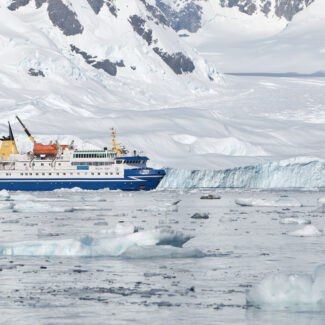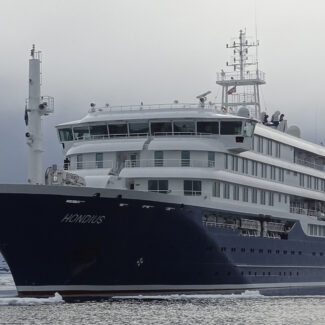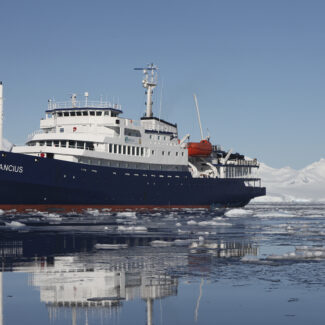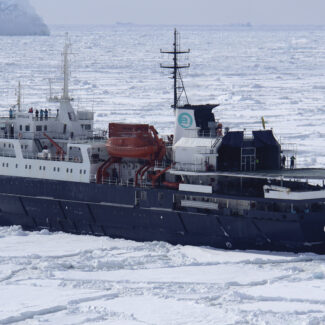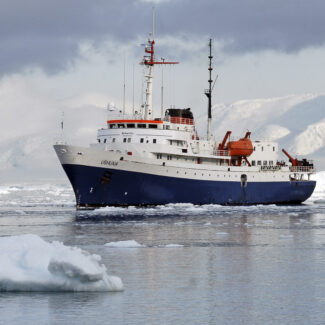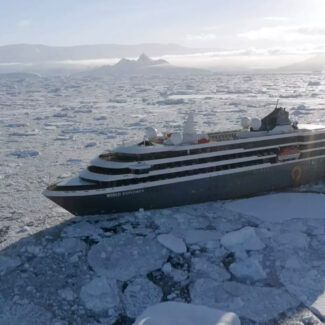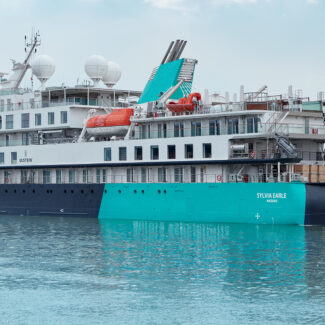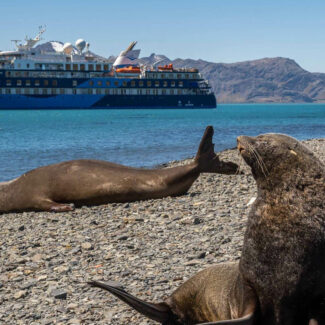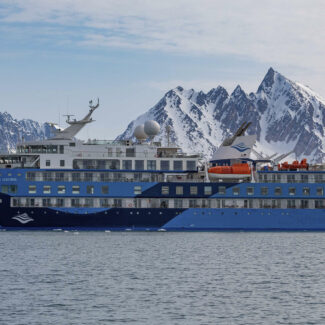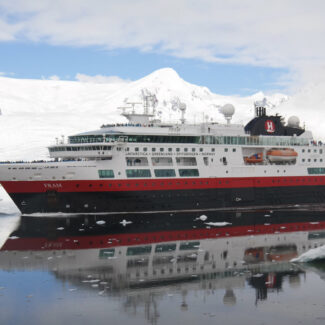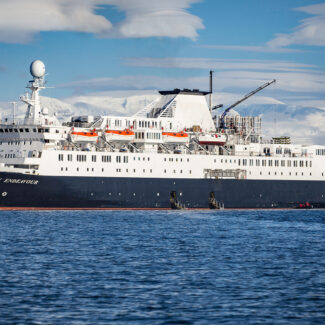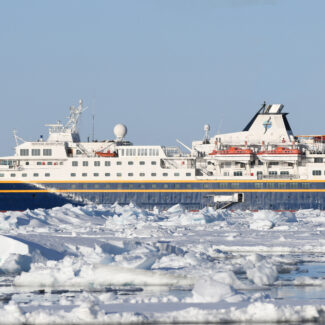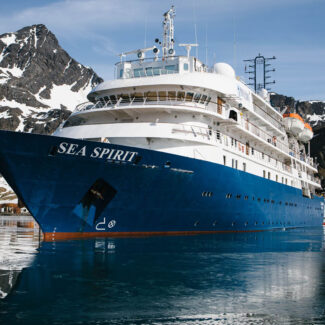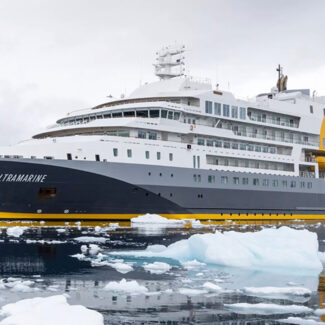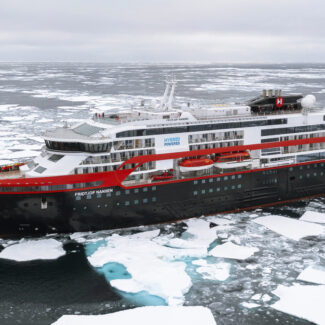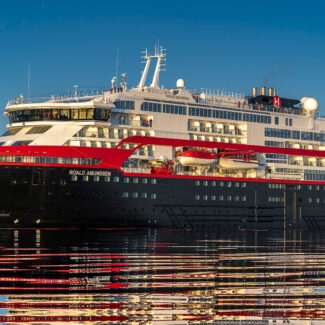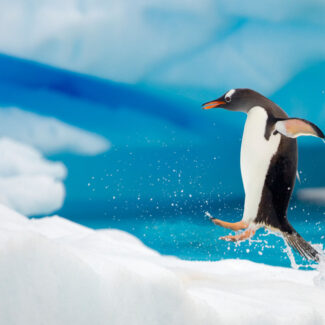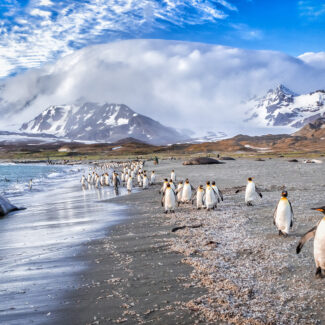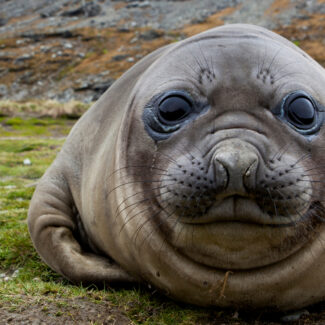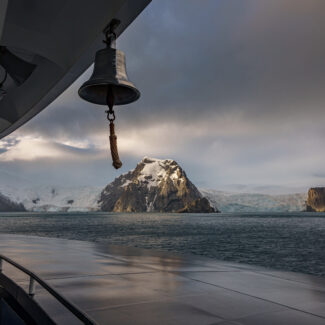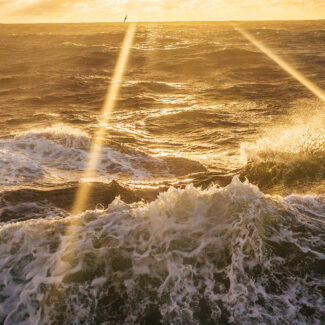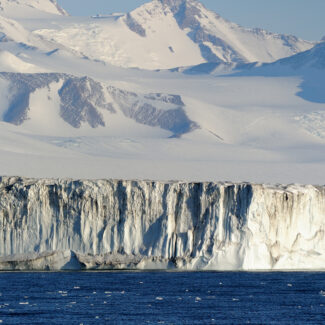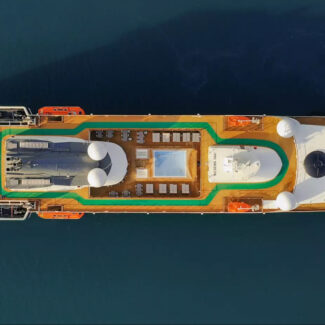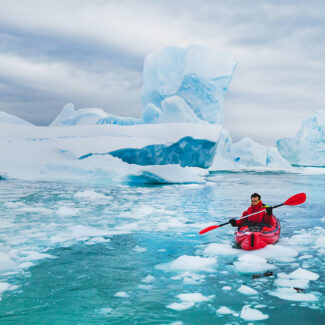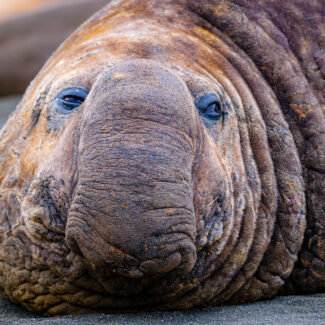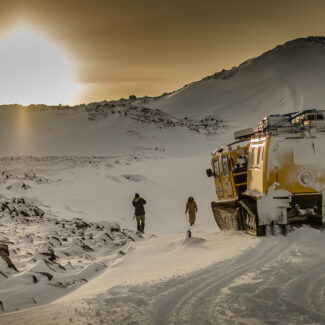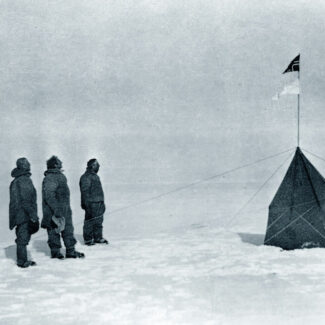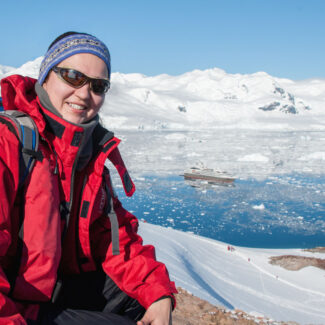Antarctica Culture, Traditions & Celebrations
When it comes to its human heritage, Antarctica is young, very young—a fresh-faced infant, essentially. People didn’t clap eyes on the White Continent until the first half of the 1800s, and didn’t really establish a presence ashore until the end of that century. There’s no native—as in, indigenous—population here, and as such, no “Antarctica traditional dress,” to speak of like that of the Inuits et al. of the Arctic, other than, perhaps, the requisite rudimentary thermal underlayers, parkas, and snow goggles. Nonetheless, Antarctica boasts its own kind of rich cultural mosaic—and a pretty darn impressive calendar of festivities and celebrations down amid all of that ice and snow!
What is the Culture of Antarctica?
Antarctic culture could be thought to rest on a few central pillars. These include the strong focus of Antarctica’s seasonal population on scientific work; that seasonal population’s thoroughly international makeup; and the spirit of cooperation, self-sufficiency, and conviviality that define day-to-day life here amid the most intense isolation, grandest wilderness, and harshest climate on the planet.
With dozens of countries represented across close to 70, mostly wide-scattered research stations—and a myriad of languages spoken, from English and Spanish to Russian and Chinese—those who live and work in Antarctica bring to this otherwise mostly unpeopled wilderness a truly multicultural makeup.
Operated by particular nations though they are, a given station may, of course, encompass personnel of a variety of different cultures and ethnic backgrounds. Scientists from multiple countries populate Princess Elisabeth Antarctica, a Belgium-owned station currently operated by the International Polar Foundation. Research projects involve international cooperation. And when different nations’ Antarctic research centers lie in relatively close proximity—as is the case with the U.S. McMurdo Station and New Zealand’s Scott Base, connected by Pegasus Road on Ross Island—everyday international socializing may be the (inspiring) name of the game.
And on the cuisine front, the menu down in this southern polar domain reflects the diversity of Antarctica culture, with many traditional dishes from respective nations in evidence at the various research bases. (Learn more about the culinary side of Antarctica—from field-camp eats to cruise-ship dining—here.)
Antarctica Culture and Traditions
From a broad-stroked perspective, Antarctica traditions revolve around the pursuit of scientific research and the maintenance of infrastructure and machinery—plus the legitimately important routine of tourism. Carrying out and servicing the science means not only operations pursued at research stations but also remote fieldwork during the austral summer. Coring ice samples, tagging penguins, donning SCUBA gear to monitor the sub-ice realm, fixing broken-down vehicles, marking out ice roads for the season: For those calling the White Continent home—whether seasonal visitors or “winter-overs”—work helps dictate the culture.
That said, from high-profile holidays to quirky “local” customs, Antarctica’s ephemeral populace definitely knows how to let loose and celebrate the singular experience of living at the bottom of the world. The necessities of cooperation and collaboration in this ultra-remote corner of the planet, plus the close quarters which define daily life here, mean that the human scene in this ultra-remote corner of the planet is a highly social one. Research bases include lively dining halls, cafes, and pubs, and there are often karaoke nights, dance classes, impromptu parties. For a long time, you could even go bowling at McMurdo Station.
Antarctica Celebrations
Christmas & New Year In Antarctica
Holidays such as Christmas and New Year’s Eve—both of which fall in the middle of the austral summer, and thus the height of work out of Antarctica’s research bases as well as the height of tourism—are observed in their own special ways, not least the spectacular “Race Around The World” whereby all manner of transportation is used to travel around the geographic South Pole and thereby through all lines of Longitude and time zones. (You can learn more about New Year’s and Christmas traditions in Antarctica right here.)
Midwinter Day In Antarctica
There are plenty of more idiosyncratic celebrations in Antarctica, none more momentous than Midwinter Day on the Southern Hemisphere’s winter solstice on June 20th or 21st, when overwintering staff at the stations mark the very heart of the White Continent’s dark winter season, and anticipate the slow-but-sure return of sunlight. From gift-giving and the fun and games of the Antarctica Olympics—with such events as climbing, giant slalom, relay race, Ski-Doo trials, javelin, and box stacking—to downright epic feasting (and toasting), Midwinter Day comes heartily observed.
The operating country of a research station plays a large part in the traditions observed, with various nuances resulting from the nationalities of those involved. For example, Midwinter celebrations at the British research stations include a feast, exchange of presents, watching the 1982 horror film The Thing (where an alien monster terrorises an Antarctic base) and listening on short wave radio to the BBC’s Midwinter Broadcast.
One tradition widely practiced at many coastal stations on Midwinter Day, regardless of their operating country, is the Polar Plunge, a feat not for the faint of heart which has spilled over into Antarctic tourism: Joining a sightseeing cruise here, you’ll more than likely have the opportunity to give this swimsuited leap into the icy waters a try yourself, if you so choose. (Needless to say, it’s never mandatory!)
Antarctica’s 300 Club
Testing one’s limits against the forbidding polar elements in a sort of tongue-in-cheek way, as the polar plunge involves, is a hallmark of more than a few Antarctica traditions. Consider those hardy souls down at the Amundsen-Scott South Pole Station who aim to join the coveted 300 Club. This refers to the whopping temperature difference (in Fahrenheit) that a stouthearted individual can experience by marinating in a steamy sauna and then dashing out to circle the Geographic South Pole when ambient conditions are on the order of -100 degrees F or so: a severe dichotomy that 300 Club aspirants embrace wearing nothing but their birthday suits (and boots) in a race against frostbite.
Traditional Music of Antarctica
There may not be any genuine traditional music of Antarctica, as such a thing can be characterized in other parts of the world. But ever since the way-back days when Robert Falcon Scott’s Terra Nova expedition lugged not one but two gramophones down to Antarctica, life on the White Continent absolutely comes with its own soundtrack. Musically inclined scientists double as rock-and-rollers at Antarctic stations, livening up casual social gatherings and big-time annual festivities alike.
And some honest-to-goodness musical megastars have even paid a visit to this polar outback: In 2013, no lesser a group than Metallica played an hourlong concert—Freeze ‘Em All, it was called—at Argentina’s Carlini Base in the South Shetlands. “Master of Puppets” amid the glaciers and penguins? Ranks right up there among the great Antarctic firsts.
Cultural Geography of Antarctica
It’s worth noting that, short as it is, Antarctica’s human history is incredibly rich and incredibly dramatic. Besides the internationality represented in today’s research stations, the sagas of 19th-century whalers and sealers, the adventures of polar explorers both famous and unsung, and the historical territorial claims made by a number of nations ensure that Antarctica’s land-, ice-, and seascapes evoke multiple and overlapping cultural geographies.
To name but one prominent example, the tragic death of the British Royal Navy’s Robert Falcon Scott and three companions on a doomed trek back from the South Pole in 1912 “made,” as one author has attested, “a corner of Antarctica ‘forever England.’”
Disclaimer
Our travel guides are for informational purposes only. While we aim to provide accurate and up-to-date information, Antarctica Cruises makes no representations as to the accuracy or completeness of any information in our guides or found by following any link on this site.
Antarctica Cruises cannot and will not accept responsibility for any omissions or inaccuracies, or for any consequences arising therefrom, including any losses, injuries, or damages resulting from the display or use of this information.


